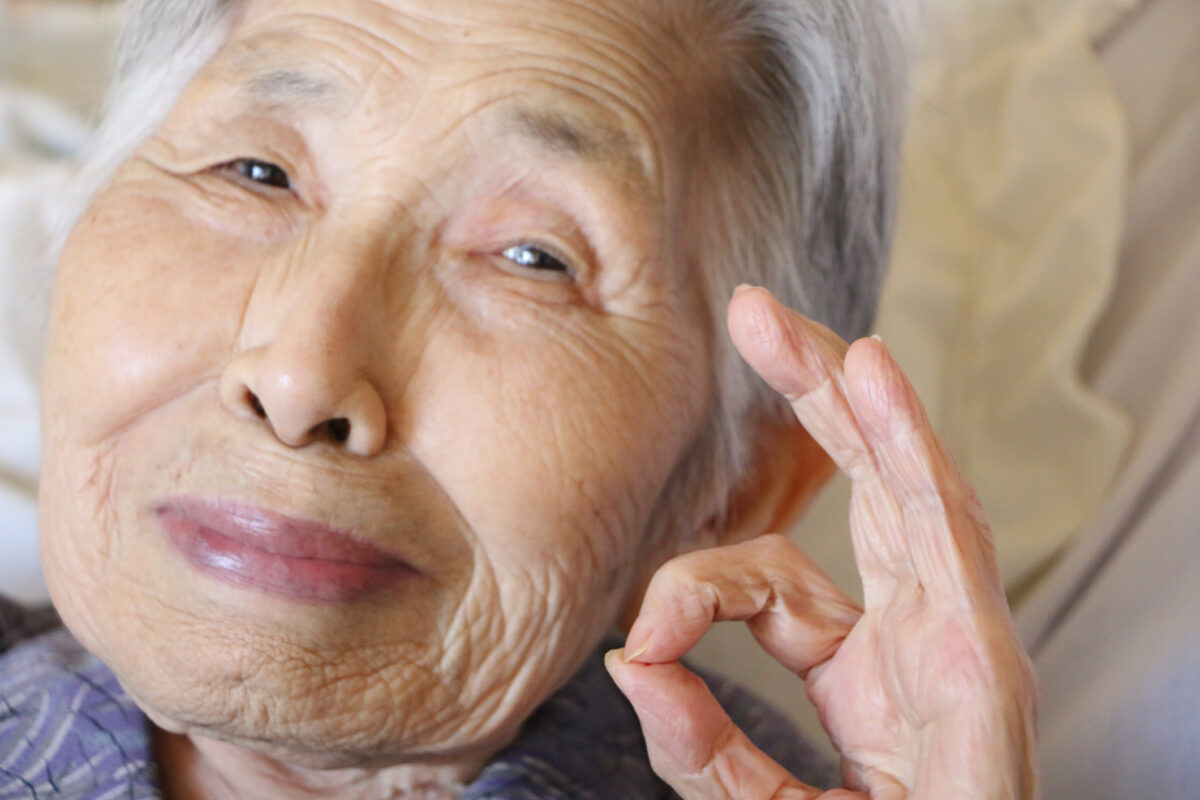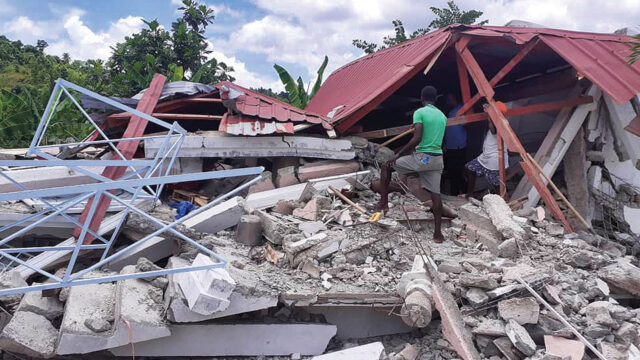Quarantine is not the last word.

By now they’re familiar: video images of people—neighbors, families, coworkers—showing up outside someone’s window to offer well-wishes, and, in one case, to celebrate the 100th birthday of a woman who was isolated because of the COVID-19 virus. These are extraordinary times for all of us, but for seniors it’s especially challenging.
My 92-year-old dad lives in a retirement community on the opposite side of the country from where I live. When I contacted him a few weeks ago for our weekly visit via Facetime, his first words were: “I’ve been quarantined!”
Compared to many, my dad is in a good place. True, he’s supposed to stay in his one-bedroom apartment. And when he walks the hall (to get his mail, for example), he’s supposed to stay at least six feet away from anyone he might meet. But his meals are delivered to his room in disposable containers and left on a stool just outside his door three times day; someone comes to clean his apartment once a week; and he’s been assured that the facility’s employees are monitored to make sure that none of them carry the coronavirus.
But the facility has temporarily banned outside visitors, and forbidden its residents from going outside, where they might be exposed to the virus.
For a guy who’s used to visiting with friends in the dining room, participating in weekly Bible studies and vesper services, going on outings to shop, and taking the shuttle to church once a week, he finds this rather confining.
We can only imagine the hardships encountered by other families. I know a woman who now finds herself unable to visit her husband of more than 60 years. The woman’s husband, in the final stages of Parkinson’s disease, is descending into advanced dementia. She worries that he will not understand her failure to make her usual daily visits. The very idea that he should pass away alone, without her having a chance to say goodbye, causes her sleepless nights.
Some facilities allow families to visit those in hospice care. But many patients linger, well enough to be cheered by family members or friends who are now prohibited from visiting.
We understand that these are unprecedented times and conditions. When we reflect that some of the largest concentrated outbreaks of the disease have been in facilities that house seniors, we have to appreciate the somewhat severe measures being taken.
But what can we do? Is there no recourse other than to just stand by and watch it happen?
We can act.
First, we can support those whose concern about a loved one they can’t visit is palpable. With phone calls, e-mails, and cards, we can communicate our solidarity with them in their struggle. But instead of offering trite clichés, let’s provide willing ears to listen to their fears without judgment. More than advice, such individuals need empathy and someone to lean on.
Second, if those in isolation are cogent and functional, we can send cards and make phone calls. Situations vary from person to person, but opportunities to extend the love of Christ in some form or fashion are available for those willing to think outside the box.
Third, we can orchestrate some public demonstration—a mini-concert, pep rally, or exhibition—in front of a window where those who are confined can enjoy the spectacle. Always obey the instructions of local health officials regarding groups and distances, but COVID-19 is no match for community spirit.
In a few weeks or months we’ll be on the other side of this crisis. Let’s make sure that, as far as possible, we all make it through together.








